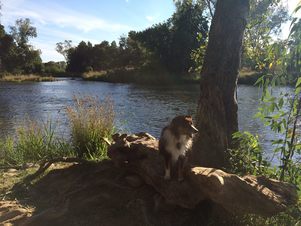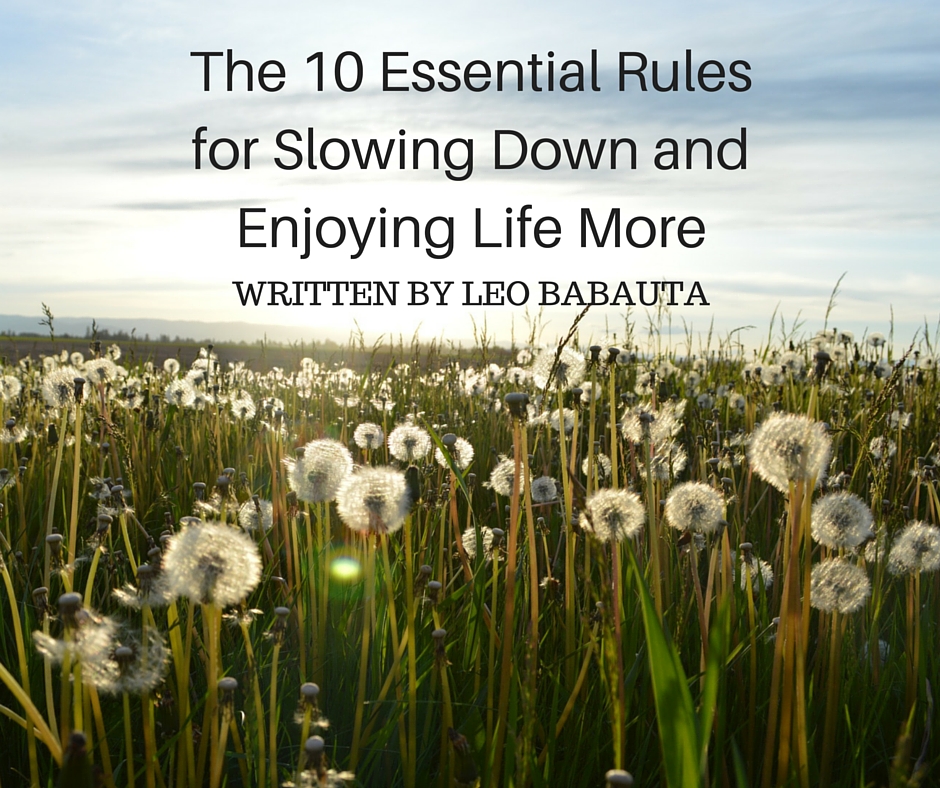
Information provided by TheAmericanRiver.com
The American River watershed has hundreds of miles of trails suitable for mountain biking. You can also ride the roads along the river or cross some of the many bridges. For more information on trails and groups, visit the sites below.
Mountain Biking Trails & Guides Folsom-Auburn Trail Riders Action Coalition (FATRAC) – This mountain biking group has three goals: maintain local trails, keep the public informed and ride. Site has info on group rides, trail maps, trail work parties, club meetings, photos of rides, advocacy issues and quarterly newsletter.
Mike’s Favorite Mountain Bike Rides – Includes a description and photographs of a 16-mile out and back trail ride from Salmon Falls Road down to Salmon Falls Bridge, plus links to many northern California rides.
TahoeBike.com – Links page for mountain biking in California.
Road Cycling Trips & Clubs Beautiful Vista: Bicycle Rides in El Dorado – Great resource provides descriptions, mileages, elevations and printable maps for several dozen bicycle rides in El Dorado County. The rides vary in length from six to 50 miles, and all but one are suitable for road bikes. They also post a schedule of Wednesday evening group rides.

Central California Cycling – Lists Richard’s favorite bike rides, including the Coloma to Camino Century. Each ride link connects to a general description of the ride. The rides are configured for road bikes (no off-road routes). Most rides offer Century (~100 mile) and shorter options.
Sacramento Area Bicycle Advocates – A group that represents bicyclists. Their aim is more a safer trips by bike. Links to biking resources, classes and forums.
Sacramento Area Bikeway Maps – Six detailed bikeway maps for the Sacramento area, including an excellent map of the American River Parkway. An 11″ x 17″ PDF is available for download. Hosted by Sacramento Valley Cycling.
Sacramento Bike Hikers – The oldest continually active cycling club in the Sacramento area, founded in 1968. Their focus is on recreational and tour cycling. Has photos, club ride and tour lists along with history and an online mailing list.
Sacramento Valley Cycling – Providing links to Northern California bike clubs, centuries and events, regional information, announcement, touring, Sacramento information, weather and bookstore.
Sacramento Wheelman – A non-profit organization for cycling and related activities based in Sacramento. The club was formed over 30 years ago and currently has over 700 members. It is well known for sponsoring the annual Sierra Century, a premier cycling event in northern California.
916-225-3570 [email protected] http://www.cjwatterslaw.com



 RSS Feed
RSS Feed